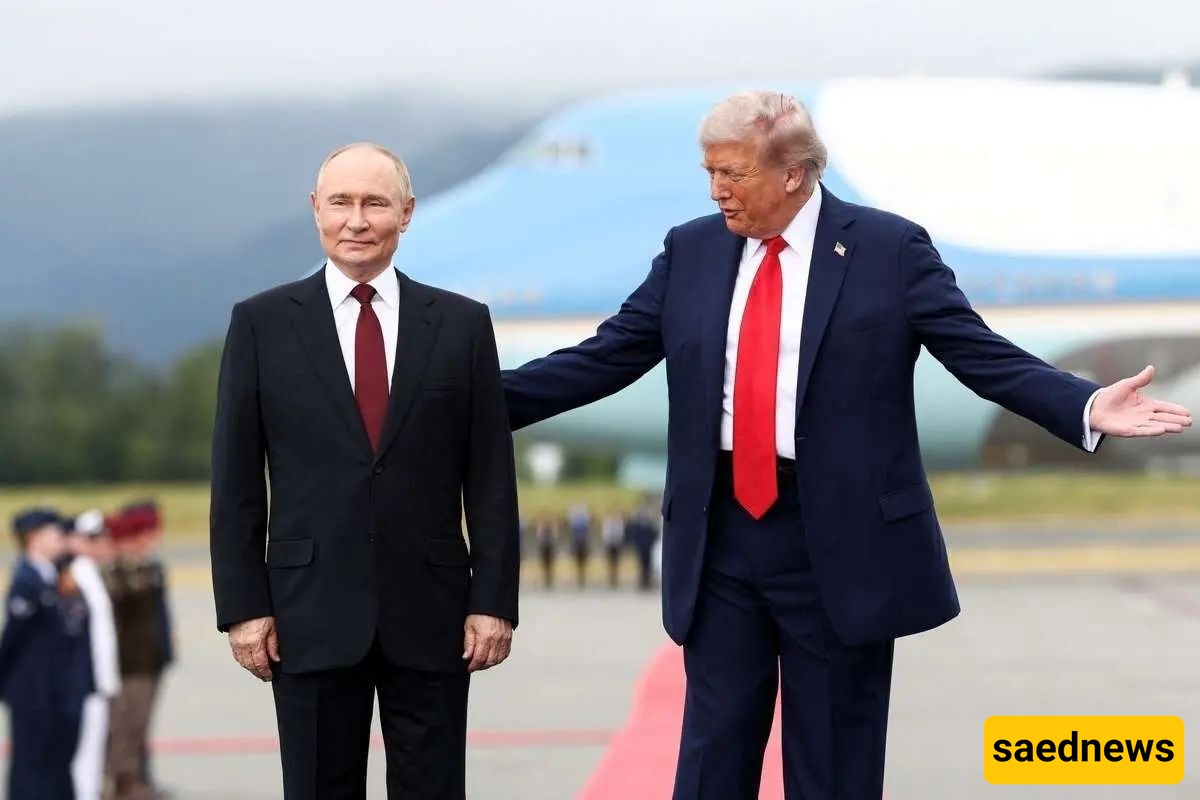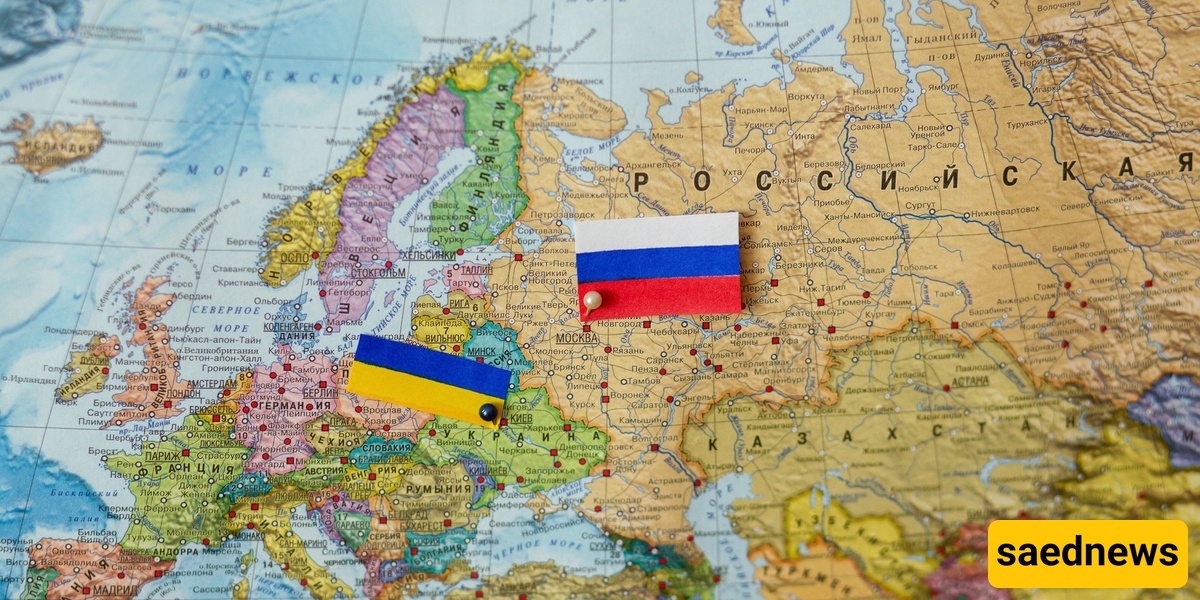SAEDNEWS: Donbas, in eastern Ukraine, is the central hotspot of the Ukraine war due to its strategic and political significance. Putin sees it as key to preserving Russian identity and influence, with its control affecting Europe geopolitically.

According to Saed News, quoting CNN, the Donbas region, located in eastern Ukraine, has been the main center of tensions and armed conflicts between Ukrainian forces and Russia-backed separatists since 2014. This region, with its dense population and significant natural resources, not only has economic importance but is also strategically key for Moscow. Vladimir Putin has repeatedly emphasized the importance of Donbas as part of the "historical and cultural identity of Russia" and considers it an inseparable part of his geopolitical policy roadmap.

Historically, Donbas is an industrial region with coal mines and extensive production infrastructure. Controlling this region is vital for any country seeking to consolidate influence and economic power in Eastern Europe. For Russia, dominance over Donbas not only means access to economic and industrial resources but also symbolizes strategic power and influence along the country’s western borders. For this reason, it can be said that Donbas has become more than a geographical region; it has turned into a key point in the global power competition.
After the annexation of Crimea in 2014, Donbas became a center for a proxy war between Russia and Ukraine. Separatist groups in this region, supported militarily and financially by Moscow, took control of parts of Luhansk and Donetsk. These developments made Donbas a symbol of Ukrainian resistance and a sensitive point for Russia, where any advance or retreat could have wide-ranging political and military consequences.
Militarily, Donbas is a key region for controlling Ukraine’s communication routes and logistical lines. Moscow, by controlling this area, can limit vital supply routes for Ukrainian forces and increase pressure on them. Conversely, Ukraine, by maintaining control over this region, not only prevents further Russian influence but also strengthens its strategic position to defend western territories and garner international support.
The political aspect of the Donbas issue is as important as its military dimension. Controlling this region allows Putin to increase his influence over Ukraine's domestic politics and, while consolidating Russia’s position in international negotiations, establish its presence as a decisive power on the global stage. For NATO and the European Union, Donbas symbolizes security challenges and the limits of Western influence along Eastern Europe’s borders, and any change in the situation of this region could alter the balance of power in the continent.
From a humanitarian perspective, the war in Donbas has created a widespread disaster. Millions have been forced to leave their homes, and essential infrastructure, including hospitals, schools, and transportation networks, has been severely damaged. The humanitarian crisis in this region is one of the main reasons for international pressure on Russia to halt the conflicts and reach peace agreements. The United Nations and human rights organizations have repeatedly warned about the situation of Donbas residents, and concerns continue about the long-term impact of the war on people’s lives.
Global media and analysts’ perspectives on Donbas also reveal interesting points. Many analysts believe that Donbas is more than a local conflict and has become a test for evaluating the military and diplomatic power of Russia and Ukraine. This region is, in a way, a measure of the West and NATO’s ability to support Ukraine, and the consequences of any developments in Donbas could extend beyond Ukraine’s borders.
Economically, Donbas’ mineral and industrial resources are also highly significant. Coal mines and steel industries in the region play a considerable role in Ukraine’s economy, and control over them can create economic pressure on Ukraine for Moscow. Additionally, economic control of this region allows Russia to increase its influence over Eastern Europe’s energy markets and natural resources and to strengthen its geopolitical position.
Another factor that increases Donbas’ importance is its geographical location and proximity to Russia’s borders. This closeness allows for the rapid movement of Russian forces and military equipment, making control over the region easier for Moscow compared to other areas in Ukraine. For Ukraine, maintaining this region not only means defending territorial integrity but also demonstrates the country’s ability to resist external pressures and maintain national independence.
The diplomatic aspect of the Donbas issue is also highly complex. International negotiations and agreements regarding this region have been repeatedly discussed, but no comprehensive and sustainable solution to end the conflicts has been found. Diplomatic efforts by European countries, NATO, and the United Nations to reach a peace agreement still face serious obstacles, as controlling Donbas and reaching a compromise in this region directly conflicts with Russia’s and Ukraine’s strategic interests.
Ultimately, Donbas symbolizes the major challenges of the Ukraine war. This region not only has economic and military importance but has also become a point for demonstrating power, influence, and political will. Vladimir Putin, by focusing on Donbas, has shown that this region is vital for achieving Russia’s geopolitical goals, and any retreat or failure in this area could undermine his credibility and influence. For Ukraine and the international community, maintaining control over Donbas means defending international law, human rights, and regional stability.
Considering all these dimensions, it can be said that Donbas is more than a geographical region; it has become a symbol of power competition, humanitarian crises, and geopolitical challenges in Eastern Europe. The future of the Ukraine war is largely tied to the fate of this region, and any developments in Donbas could influence the political, economic, and security trajectory of the entire region.

